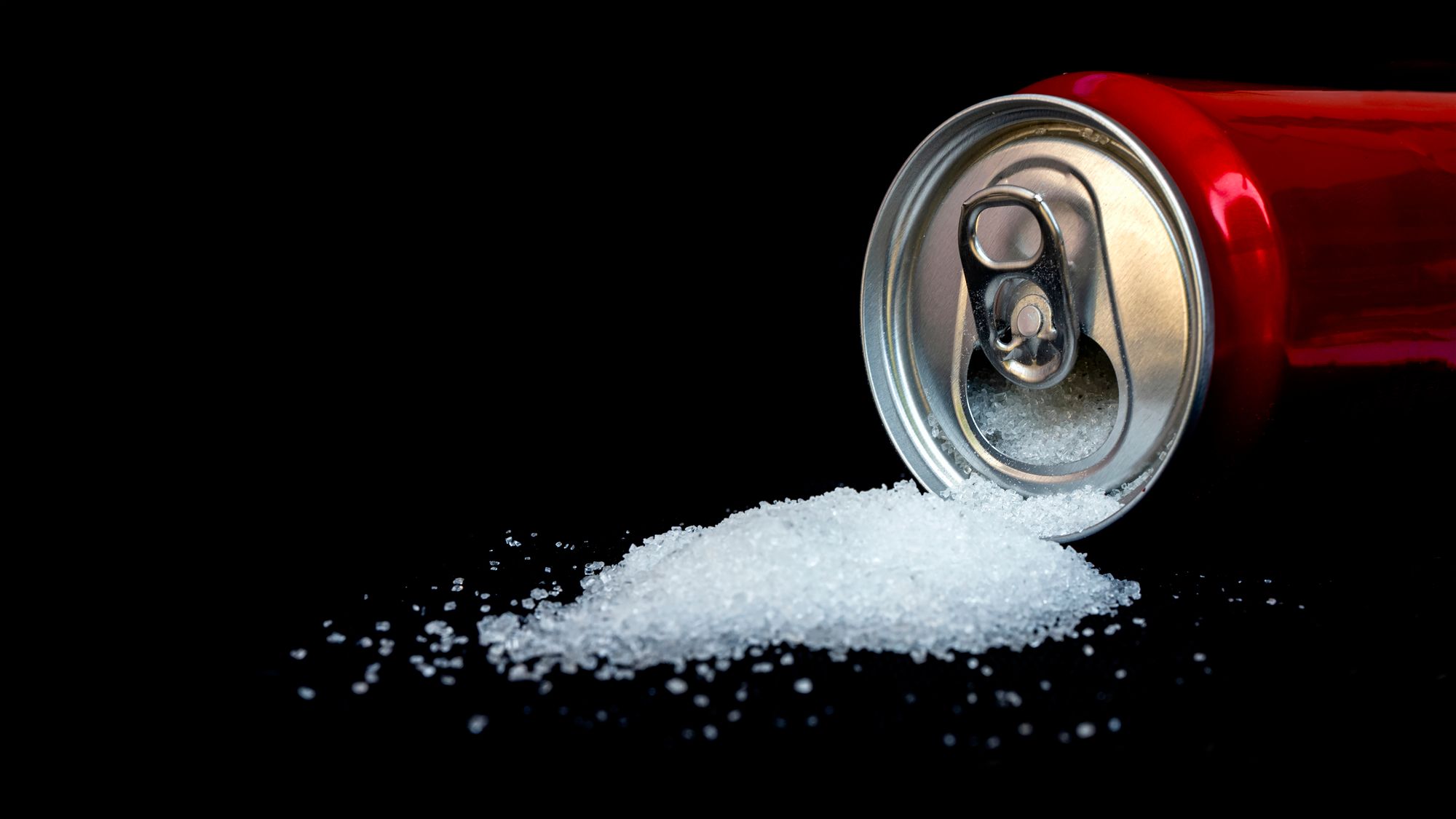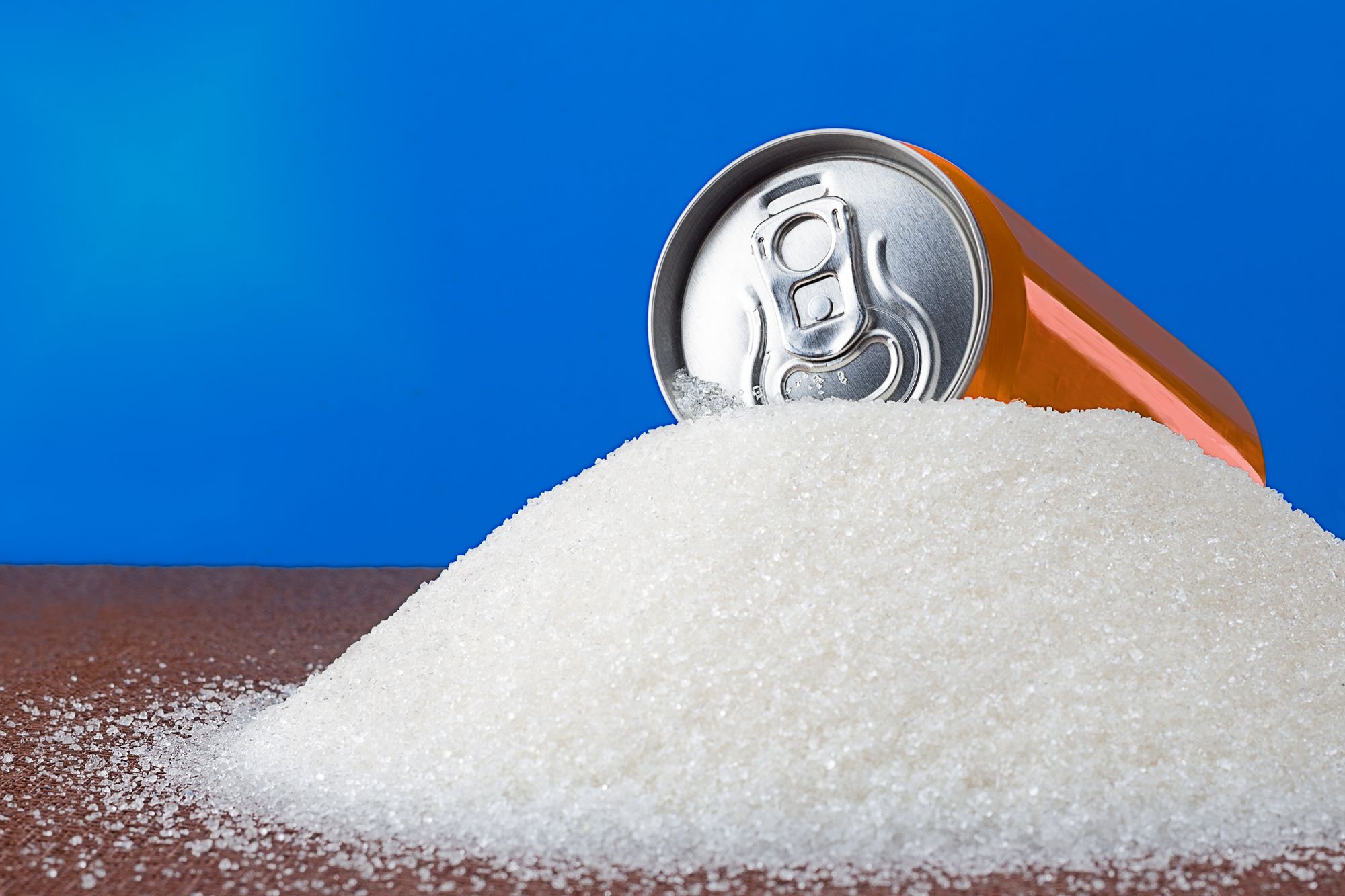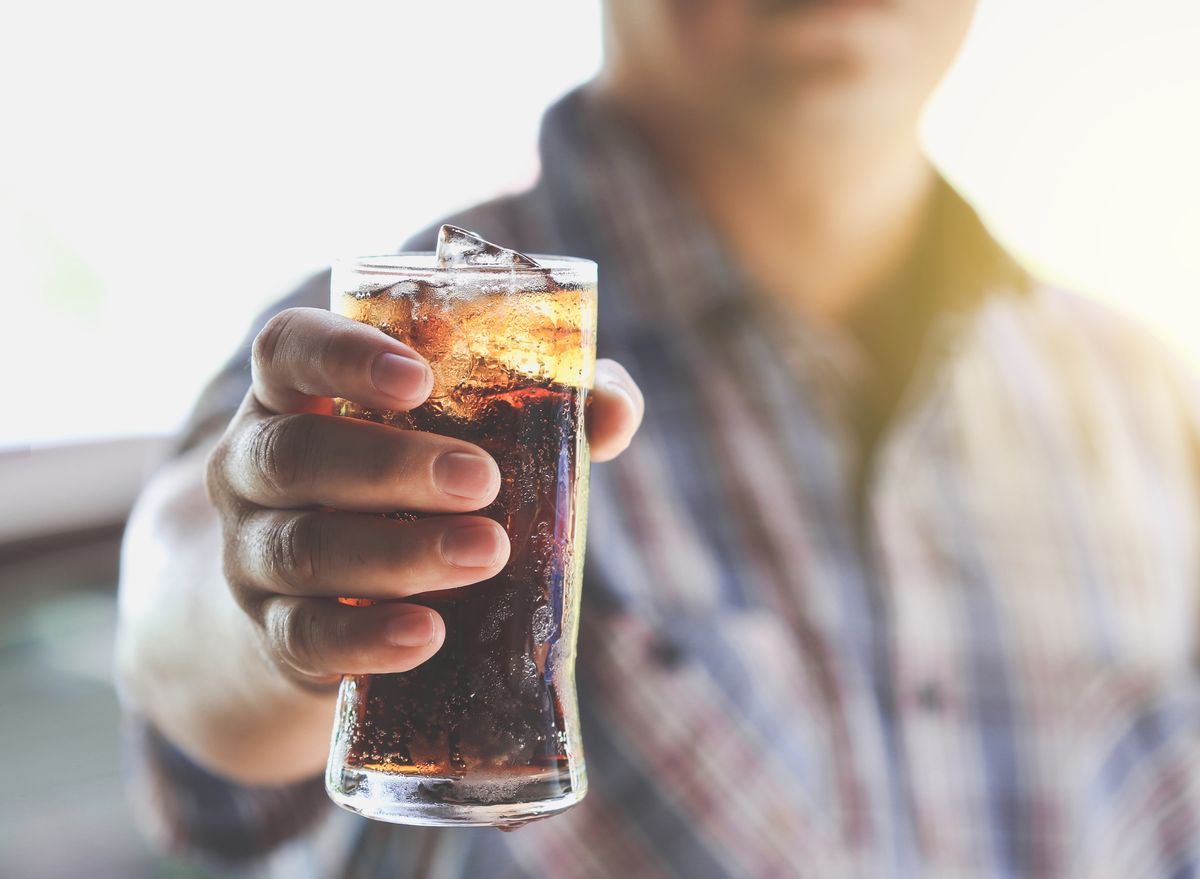Hair loss is a widespread issue affecting numerous people worldwide. Despite its prevalence, this condition can cause frustration, as it can be challenging to manage effectively. Although various treatments and cosmetic purchases may slow down the process or conceal the loss, hair loss can still be challenging to control. Recent research indicates that consuming sugar-sweetened beverages may increase the risk of hair loss in men.
The Mayo Clinic lists several possible causes of hair loss, including genetics, certain medications, health complications, hormonal changes, and stress. Androgenetic alopecia, which affects both women and men, is one of the most common types of hair loss. However, it is more common in men, with around 50 million men compared to 30 million women experiencing it in the United States. Male-pattern hair loss (MPHL) or male-pattern baldness refers to androgenetic alopecia when it occurs in men.
In a new study published in Nutrients, researchers suggest a possible link between drinking sugar-sweetened beverages, such as sodas, sugary coffee drinks, sports drinks, and juices with added sugar, and hair loss, particularly in young men.
Details of the Study

The findings of a recent study, which was published on January 1, 2023, established a plausible link between consuming greater amounts of sugar-sweetened beverages and hair loss in young men. The researchers analyzed the self-reported survey responses of 1028 Chinese adults between the ages of 18 to 45 from 31 different provinces. Nearly half of the participants, which amounts to 459, stated that they drank sugar-sweetened drinks more than once per day. Roughly 25% of them consumed these beverages between four and seven times per week, while 18.5% drank them only one to three times a week. Approximately 10% of the participants stated that they had not consumed any sugar-sweetened drinks in the past month.Upon examining the survey responses, the researchers discovered that the participants who had a higher intake of sugar-sweetened beverages also had a greater risk of developing male-patterned hair loss.
The Connection between Sugar-Sweetened Beverages and Hair Loss

The connection between sugar-sweetened beverages and an increased risk of hair loss in men can be explained by both direct and indirect effects.
Directly, consuming high amounts of sugar through sugary drinks can lead to an overactive polyol pathway due to increased concentrations of serum glucose. This pathway is where glucose is converted to fructose, but if it's too active, it may lead to harmful impacts on health and an increased risk of diabetes. The study indicates that hair loss symptoms are highly suggestive of an "overactive polyol pathway." It is not the first study to highlight the connection between high sugar consumption and hair loss. A 2017 study published in Trends in Food Science & Technology revealed a correlation between androgenetic alopecia and high-sugar, high-cholesterol diets.
Indirectly, high sugar consumption may often be accompanied by a high-fat diet, which is also linked to hair loss. Additionally, the study suggests that emotional effects of high-sugar consumption, such as an increased risk of depression, may lead to an increased risk of MPHL. Research indicates that consumption of sugar-sweetened beverages can result in emotional problems.
Overall, the connection between consuming sugar-sweetened beverages and hair loss risk in young men appears to be multifaceted and influenced by a combination of direct and indirect effects.
How the Study's Findings May Affect You

According to Dr. Victor Sun, MD & Medical Consultant at SuperPill, while there are some truths to the study's findings, there are a few caveats to consider. Dr. Sun notes that although the recent study suggests a correlation between sugar-sweetened beverages and hair loss, further research is necessary to validate the conclusions. The study's cross-sectional design, complexity of confounding factors, and lack of physical exam measurements limit its ability to determine whether sugary drinks contribute directly to hair loss.
However, Dr. Sun acknowledges that the study proposes some possible explanations, such as high sugar levels affecting biochemical pathways that contribute to androgenic alopecia or promoting mood changes or other chronic disease states that can indirectly lead to hair loss.
Ultimately, the study's findings may not be sufficient for individuals to completely eliminate all sugary drinks. However, they can help people decide whether reducing their weekly consumption could be beneficial. For daily soda drinkers who are experiencing hair loss, reducing their intake could be a helpful starting point.

